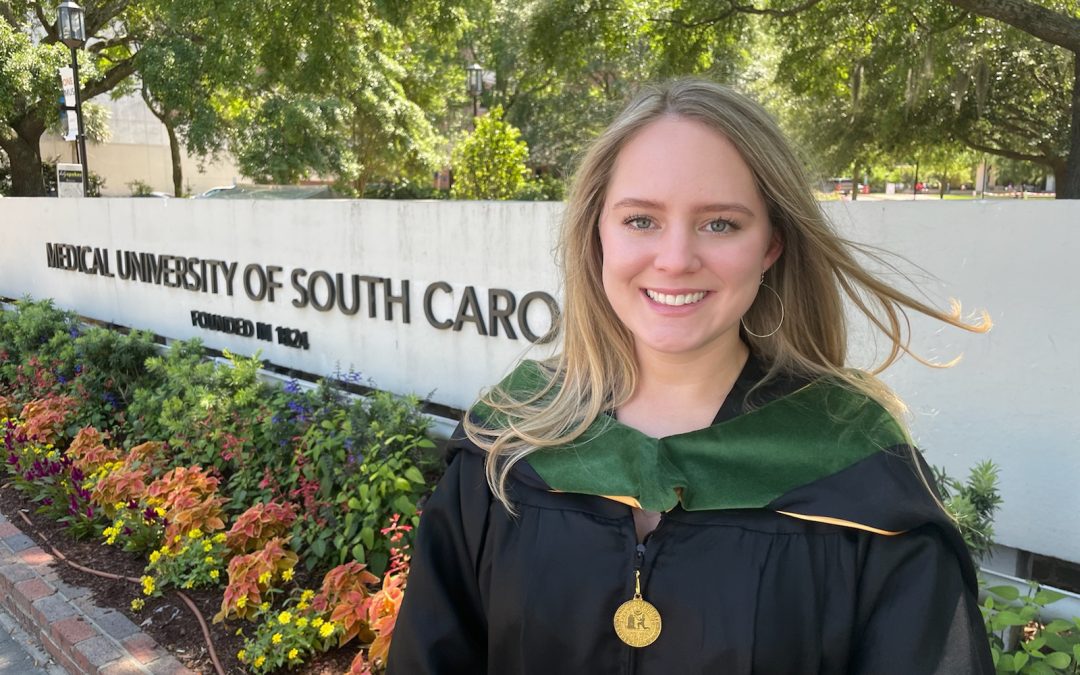Crazy right?! This profession (that many people have never even heard about) has such an important role in keeping their patients alive when their heart and lungs cannot support life on their own. Because of this, the job requires in-depth knowledge about human physiology, blood parameters, and the nuances of surgery and illness as they pertain to perfusion. Which brings us to what one has to do to become a perfusionist.
Undergrad Requirements
Each perfusion program has a set of requirements for entry that may vary from school to school. Typically you are required to do one or more of the following:
-
- Have a bachelor’s degree from an accredited college or university
- Cumulative GPA of 3.0 to 4.0
- Completed prerequisite courses in science and mathematics
- Have a bachelor’s degree from an accredited college or university
Lots of other sites say that you need experience working in a hospital environment, and while that might be helpful, it’s not required to get accepted into perfusion school. There are certain schools that will put you on an undergrad track –going straight through 4 years of college, then apply to the perfusion programs. Occasionally, the schools admit students from other random backgrounds.
Perfusion Programs & Accreditation
After being accepted into a perfusion school, it typically takes 18 to 24 months to earn your Master’s degree in perfusion. The curriculum will be rigorous with health-related science courses such as hematology, physiology, and pharmacology, as well as, clinical rotations. In clinical rotations you will be in the operating rooms working under the supervision of clinical perfusionists and will be required to have 75 cases done before graduating. Post-graduation also requires you to complete a minimum of 40 independent cases, before sitting for the exams.
When you have finished all the above you will then take the Perfusion Basic Science Examination (PBSE) and the Clinical Applications in Perfusion Examination (CAPE) to earn the Certified Clinical Perfusionist (CCP) credential. Make sure to give yourself a huge pat on the back for all the hard work!
To continue your perfusion career, the ABCP requires perfusionists to get recertified every year. This includes a minimum of 40 cases of clinical activity and at least 45 continuing education credits every 3 years.

